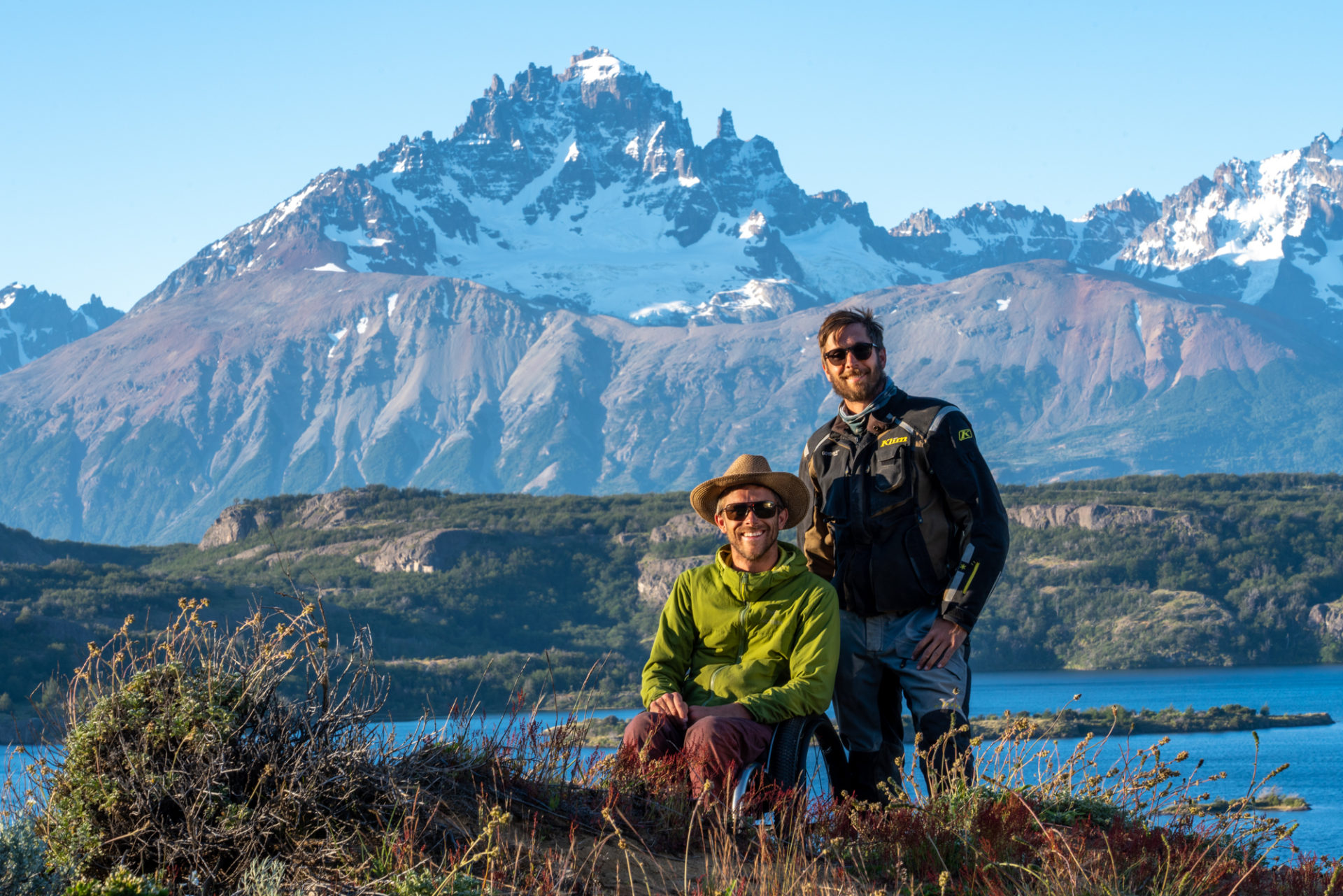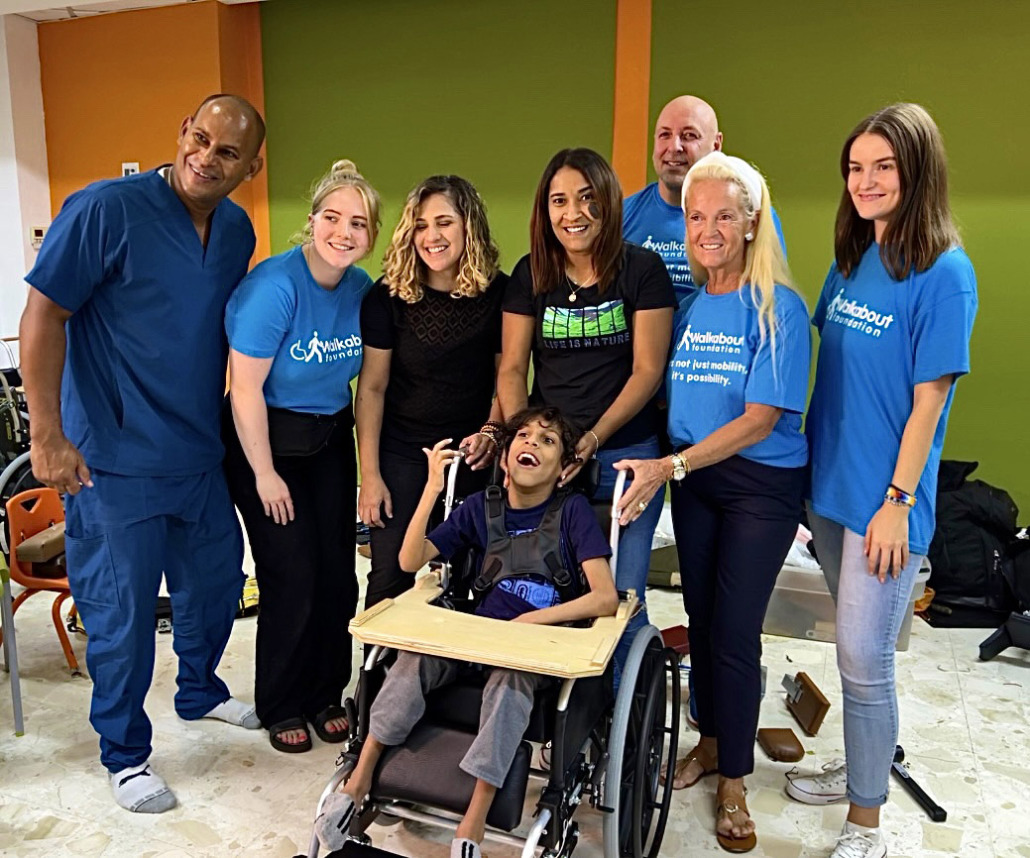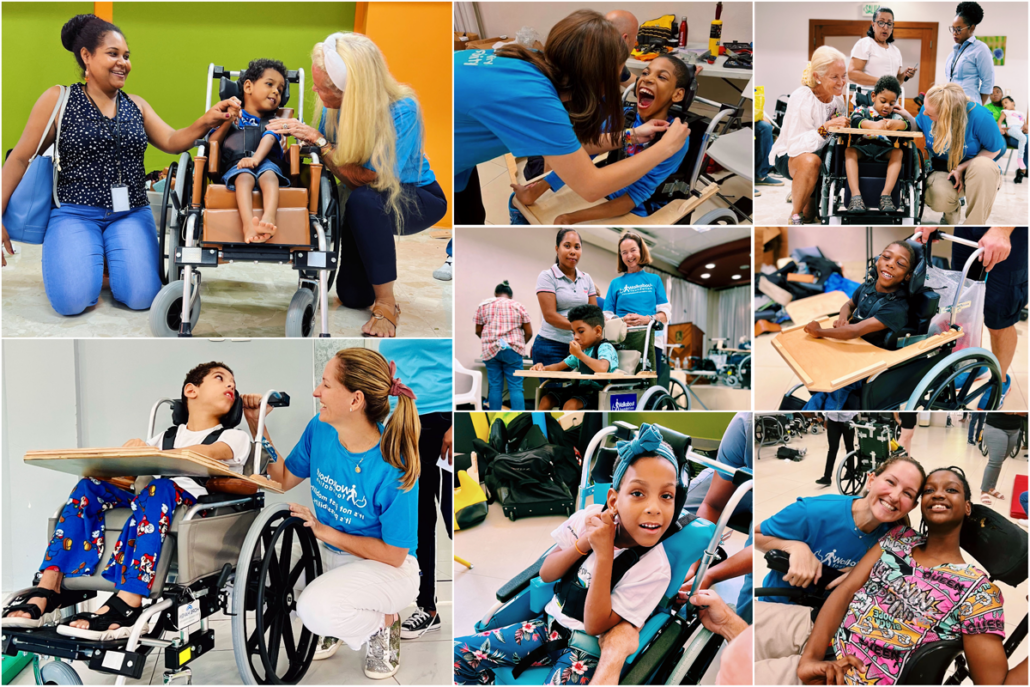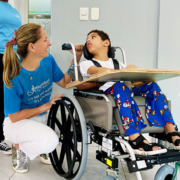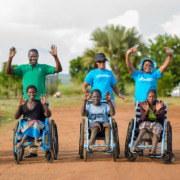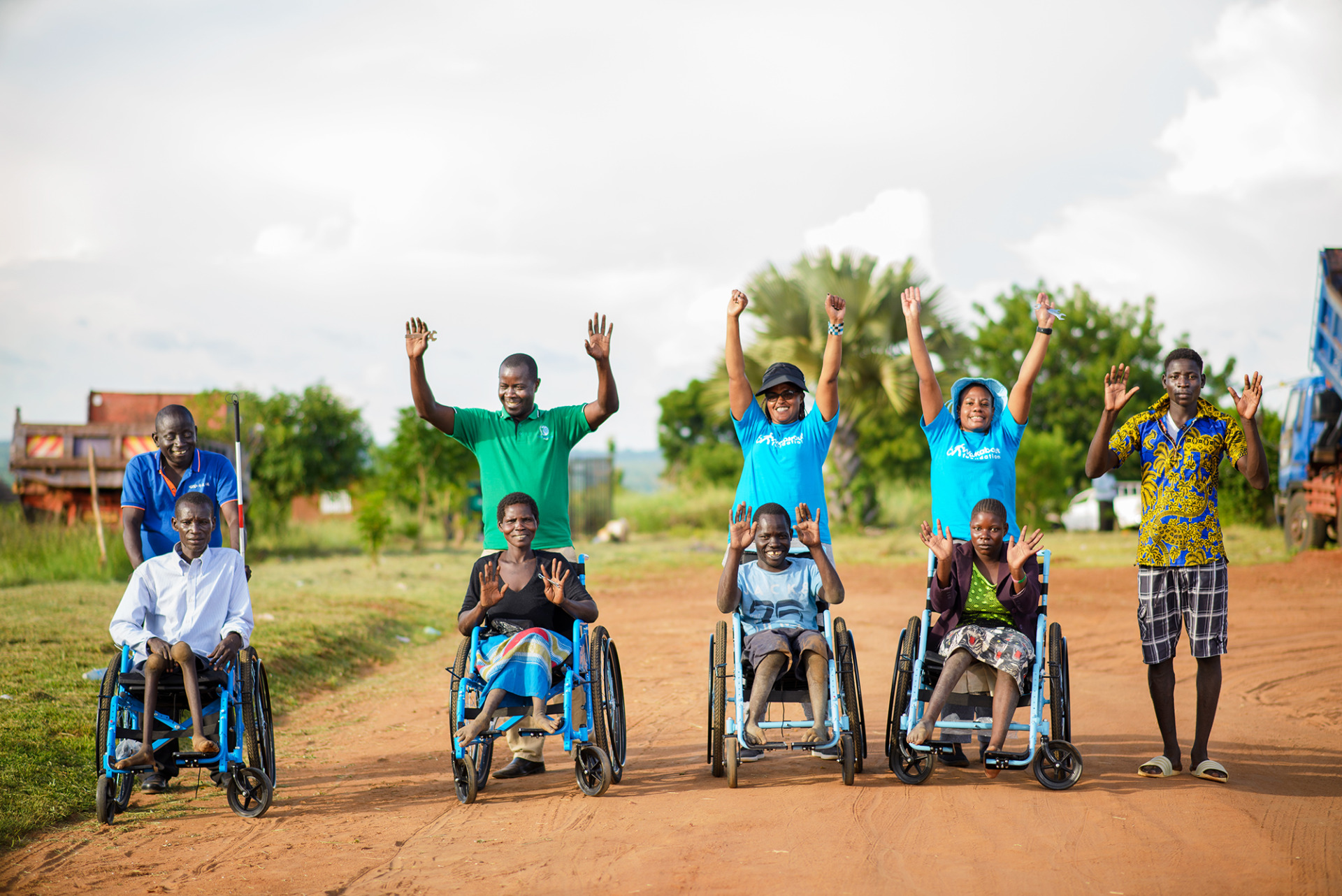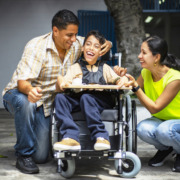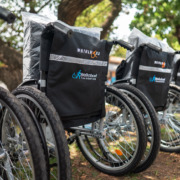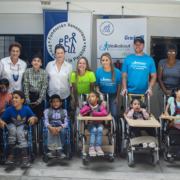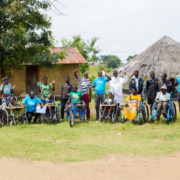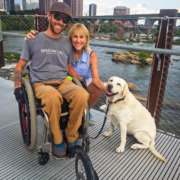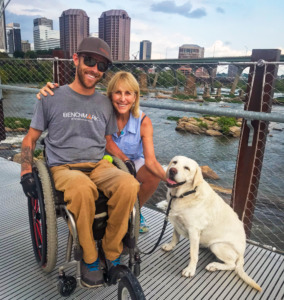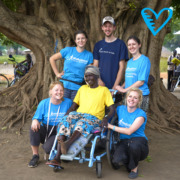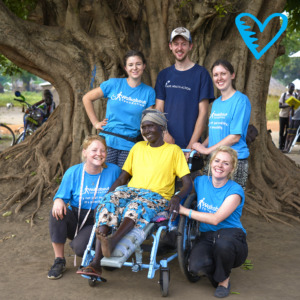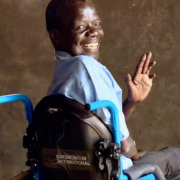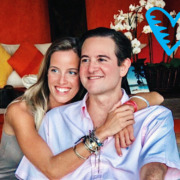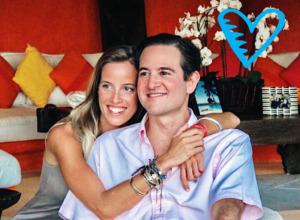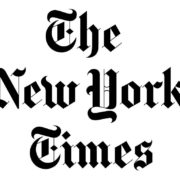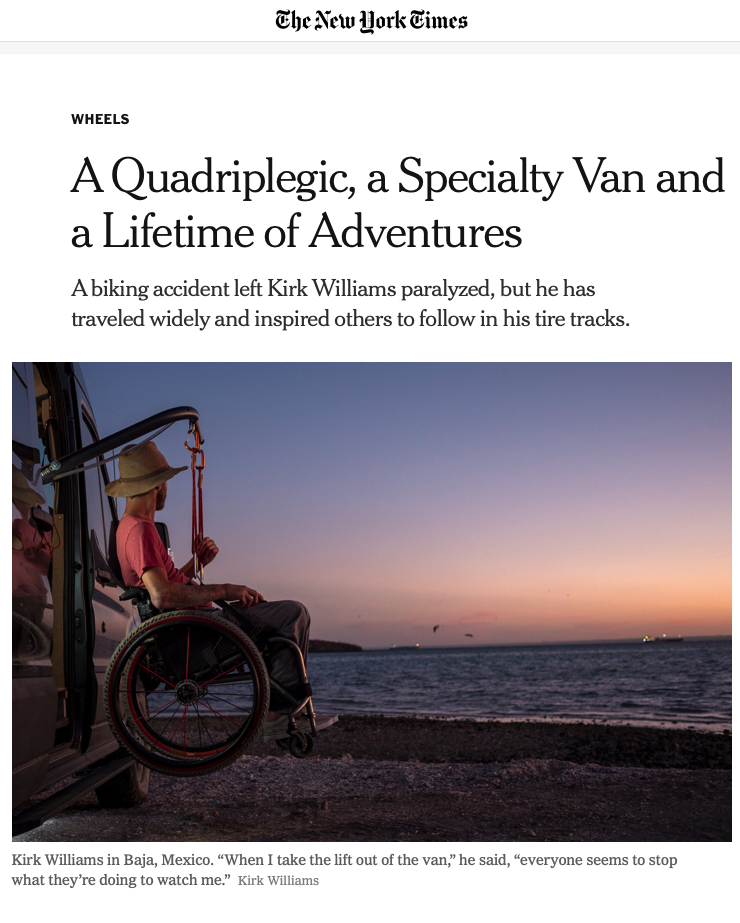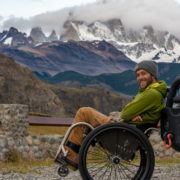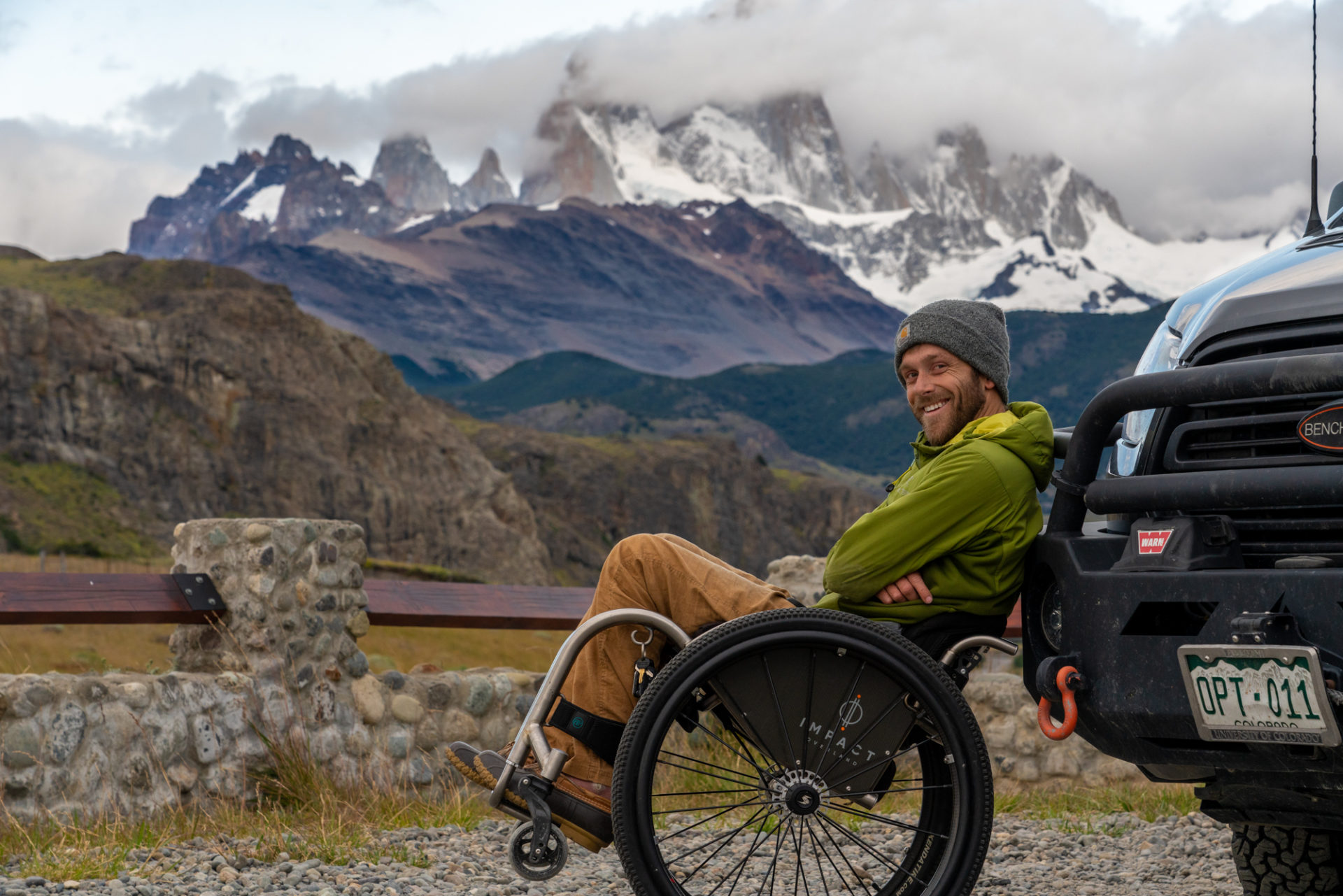
Hello fellow Walkabout friends,
I’d like to take a quick minute here to introduce myself. I’m Kirk Williams, a quadriplegic adventure photographer, world traveler, and adaptive vanlifer. I just returned from an incredible trip around Patagonia in my wheelchair accessible campervan where I have been teaching others about adaptive vanlife and raising awareness about all of those in our world who don’t have access to the most fundamentals of freedoms: mobility.
I’ve been very fortunate since breaking my neck in 2009 to have the support system I do. Living in Colorado, I have access to the beautiful outdoors that I love so much and am constantly trying to figure out better ways to get out and experience nature again. I’ve been lucky to try many different adaptive sports from skiing to wheelchair rugby and have slowly returned to doing something I love the most, travel.
Travel in a wheelchair can be humbling. It often times takes you out of your comfort zone and reminds you how different things operate in different parts of the world. Travel has taught me so many things that I could never learn in books, only from experience. Travel reminded me of just how many people in the world have mobility impairments and absolutely no way to acquire the medical equipment they need. Travel showed my that just by shear luck alone, I’m living in a country that has the infrastructure in place to take care of me as a disabled citizen. Travel brought me to finding, and now partnering with Walkabout Foundation.
Did you know that there are an estimated 100 million people in the world who are in need of a wheelchair, and 65 million of those can’t afford one!? Can you imagine!? I know I can’t.
Because of what I’ve experienced in my travels and hearing statistics like this, I’ve decided to use my privileged travel platform as a way to educate, inspire, and campaign to change others lives along the way. We’ve been given the tools and opportunity to make a difference in someone’s life, it’s time we start doing so.
On September 26th, I’ll be hosting an individualized 5k ‘virtual’ Walkabout here in the USA, to support Walkabout, as their annual flagship event, London Walkabout has been cancelled because of the pandemic.
My goal is to raise $15k that will allow us to send a container full of life changing wheelchairs anywhere they are needed in the world. For about $300 we can buy, build, and supply a wheelchair to someone that will change their life, forever.
A portion of the proceeds will also go towards spinal cord injury research too. It goes without saying how important a spinal cord injury cure could be for people like me but also for the millions of others. Every 60 minutes someone is spinal cord injured in the US, in India it’s every 15! Let’s work to help get them back on their feet again.
Our world is an interesting place these days. Uncertainty lurks around every corner, leaving us confused and questioning like never before. The idea of ‘normal’ seems to change almost daily. What do we do next? How do we move forward?
Let’s all take a break on September 26th and do something for someone else who could really use our help. Let’s walk for those who can’t! This virus will slowly go away and our lives will return to normal. Those who don’t have a wheelchair now, won’t get one later. Not without our help.
If you’d like to take part, simply grab a group of friends and walk an easy, 5k route, in the name of those millions of people who can’t. Then, encourage those same friends to donate, and make a positive change in our world.
Thanks for all your support and if you’re interested in following along, I can be found on Instagram @impact.overland or at
www.impactoverland.com
Cheers and thanks again,
Kirk
